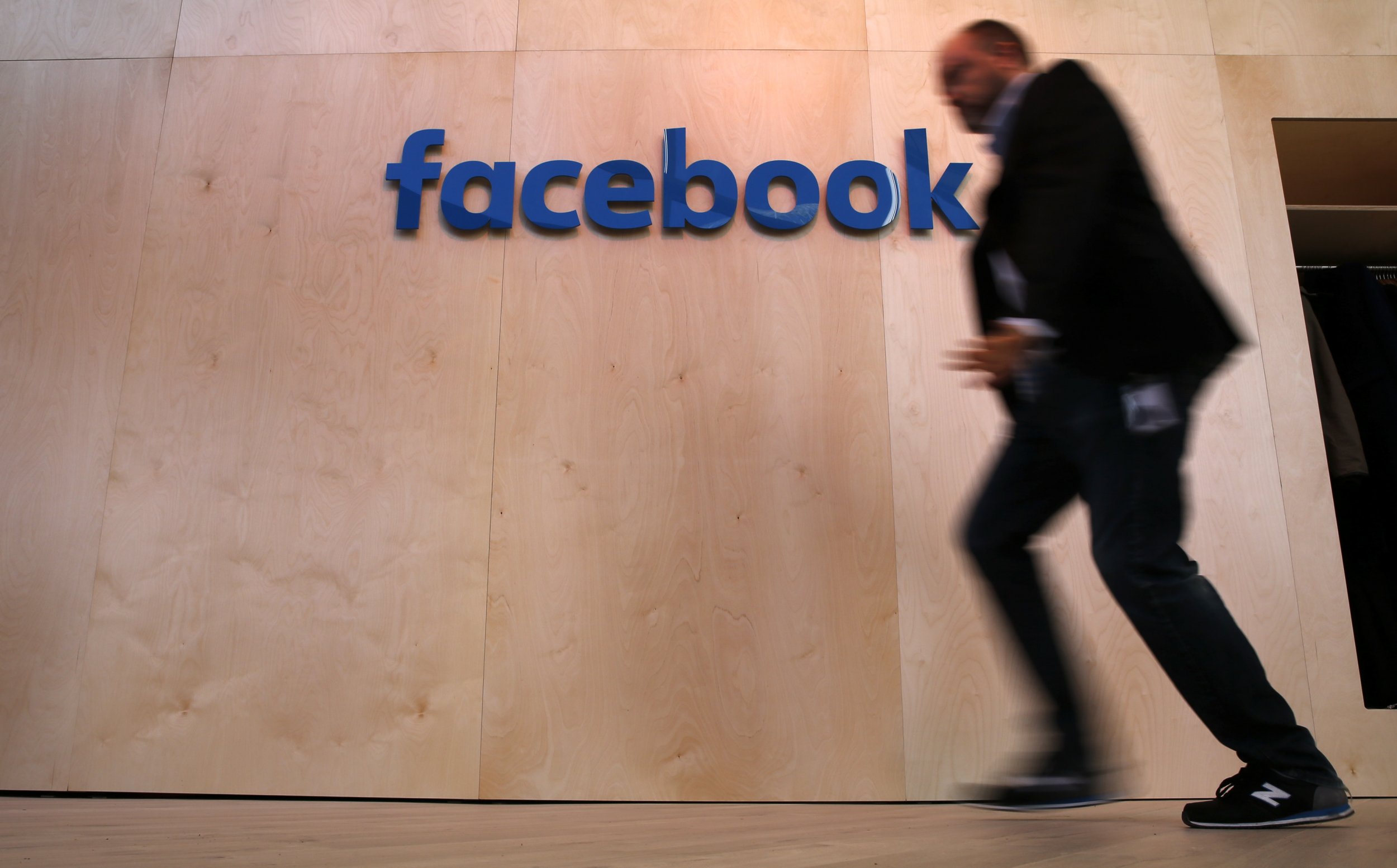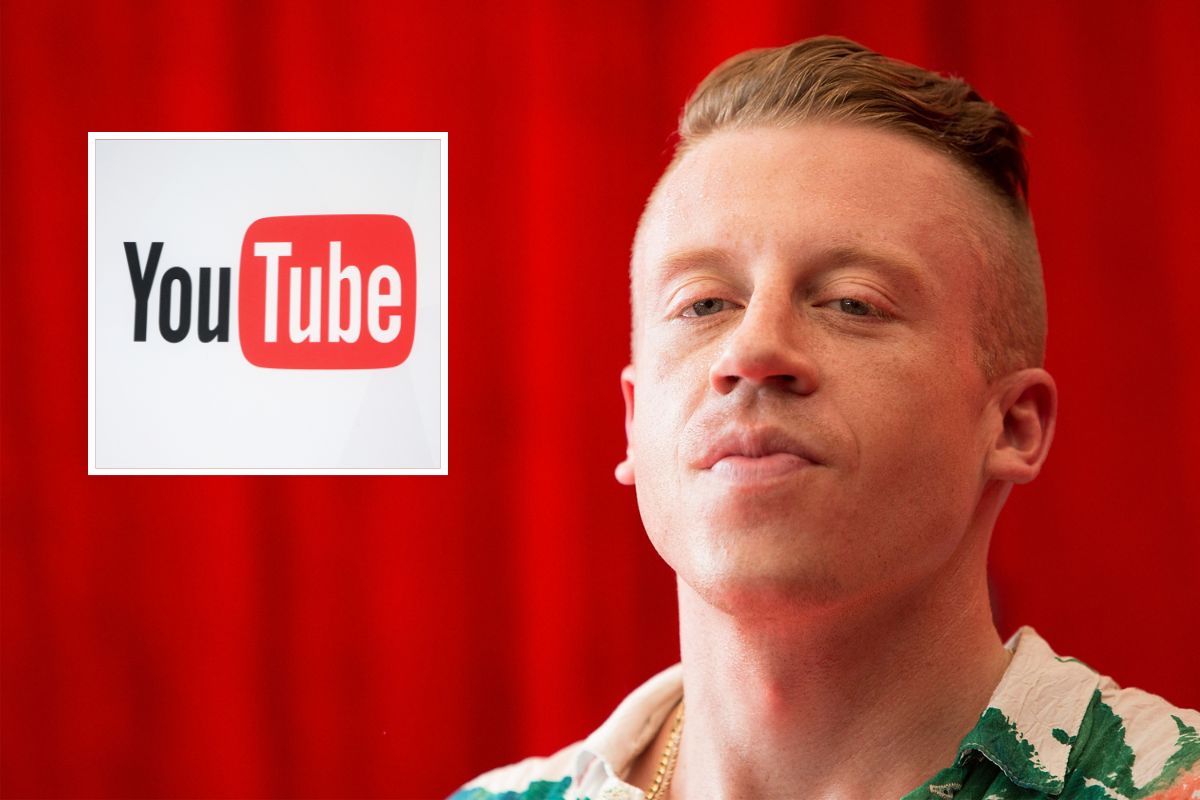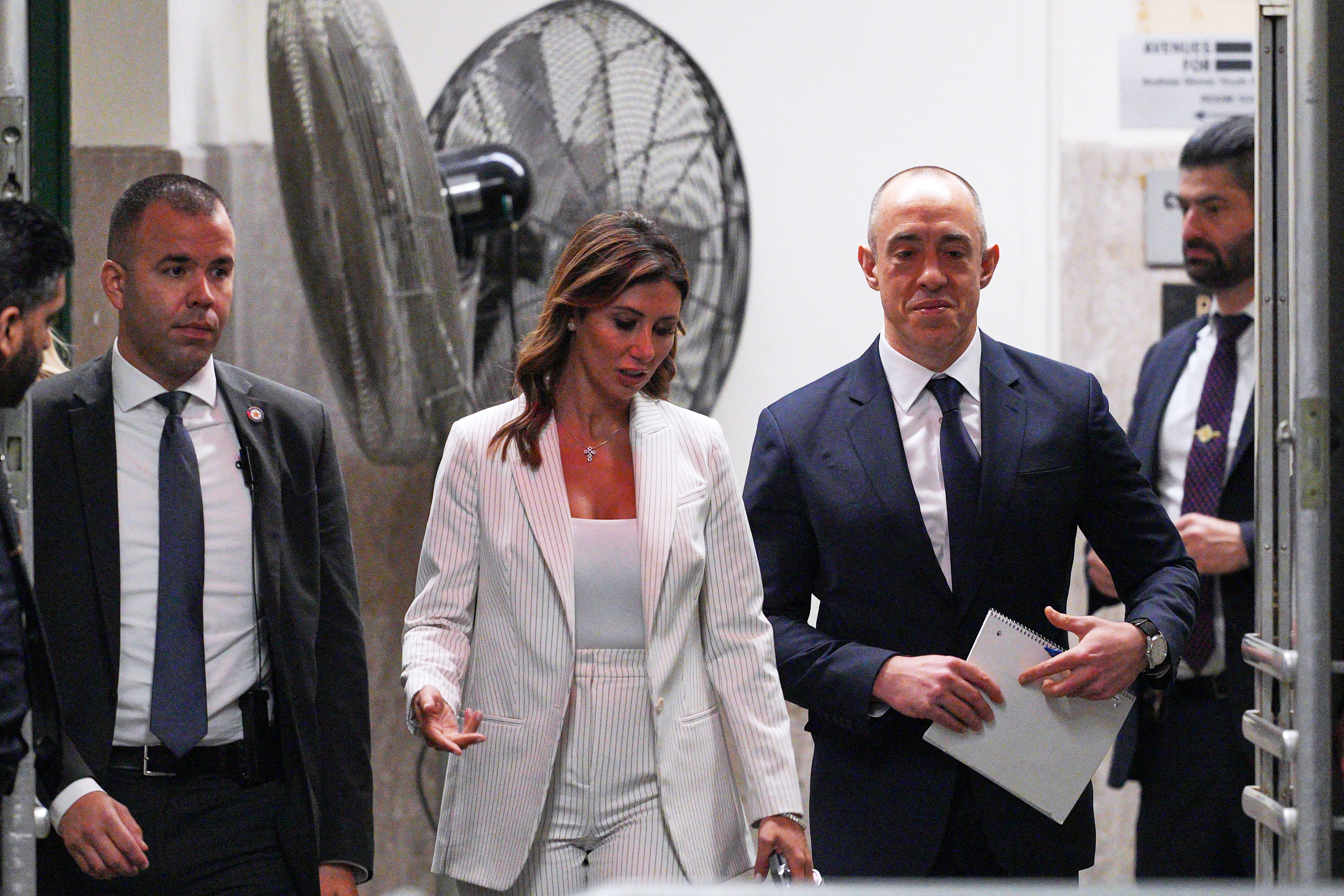
The number of items on Facebook that the social media network restricted in the second half of 2015 nearly tripled because of a single photo from the November Paris attacks, the company said Thursday.
According to Facebook's biannual Global Government Requests Report, the company restricted 55,827 items from July to December 2015 for violating various countries' laws, up significantly from 20,568 items over the previous six months.
In a statement accompanying the report, Chris Sonderby, deputy general counsel for Facebook, said the increase "is almost entirely due to one photo" related to the attacks. "The photo was alleged to violate French laws related to protecting human dignity," he said.
The social network said it "determined that the photo did not violate our Community Standards when it was shared to denounce the attack or to show compassion for victims" and restricted access to the content only in France.
As TechCrunch reported on Thursday, Facebook described the photo as "taken inside the Bataclan concert venue depicting the remains of several victims." The request came from the French law enforcement division L'Office Central de Lutte Contre la Criminalité Liée aux Technologies de l'Information et de la Communication (OCLCTIC), or the Central Office Combating Crime Related to Information Technologies and Communication, the company said.
While the Facebook report did not specify the photo, several media outlets published a graphic photo days after the attacks that appears to have been taken from a balcony in the Bataclan that matches the description. A Daily Mail story that features the photo has been shared across email and social media 10,000 times.
The report shows that Facebook made 37,695 content restrictions in France in the second half of 2015, the highest amount of any of the 92 countries listed. The country with the second most restrictions, India, had less than half that amount, with 14,971.
Rainey Reitman, the activism director at the Electronic Frontier Foundation, a nonprofit that defends civil liberties in digital forums, says social networks began publishing these sorts of transparency reports about five years ago.
"This really demonstrates the value of the transparency reports because instead of this censorship happening entirely in secret," Reitman says, "Facebook has let the public in, basically created a window so we can see the kind of pressure they're getting from governments to take down content that may be in the public interest."
Reitman says she finds it troubling that because of various laws in different countries, "Facebook is put in this position of having to create a different experience for users around the world, and as a result we have a fractured Internet experience."
In wake of the November attacks that killed 130 people in Paris, the French government put in place a state of emergency, which includes provisions about Internet censorship, granting the government "the ability to interrupt a website causing the commission of acts of terrorism."
European-based digital rights groups have criticized the French government's censoring of the Internet, even before the November attacks. In March 2015, for instance, the government enacted decrees that gave France's Central Office the right to de-list websites from search engines, according to EDRi, one rights group. And in 2014, the government passed an anti-terrorism act that permitted the blocking of certain websites.
"Traditionally when people think of countries engaged in a lot of Internet censorship, they tend to imagine authoritarian regimes," Reitman says. "But in fact there are many western democracies that are engaged in a whole lot of Internet censorship and France is definitely a country that we've seen pass a number of laws that are concerning from a free speech standpoint."
The law Facebook referenced could be a 2000 amendment to France's press freedom law, which dates to the 1800s. The article prohibits "the circulation by any means whatsoever and whatever the medium" a reproduction that "seriously undermines the dignity of a victim."
French Prime Minister Manuel Valls said last week that the government intended to extend the state of emergency, in part to enhance security for a major soccer championship there later this year. Critics have said the state of emergency is failing.
The point of the transparency reports, Facebook says, is to shed light on government surveillance and promote reform. France submitted 2,711 requests for data on users, according to the report, behind Germany, India, the United States and the United Kingdom. The U.S. submitted the most requests: 19,235. Facebook says it produced data for 81 percent of those requests.
Uncommon Knowledge
Newsweek is committed to challenging conventional wisdom and finding connections in the search for common ground.
Newsweek is committed to challenging conventional wisdom and finding connections in the search for common ground.
About the writer
Max Kutner is a senior writer at Newsweek, where he covers politics and general interest news. He specializes in stories ... Read more
To read how Newsweek uses AI as a newsroom tool, Click here.






